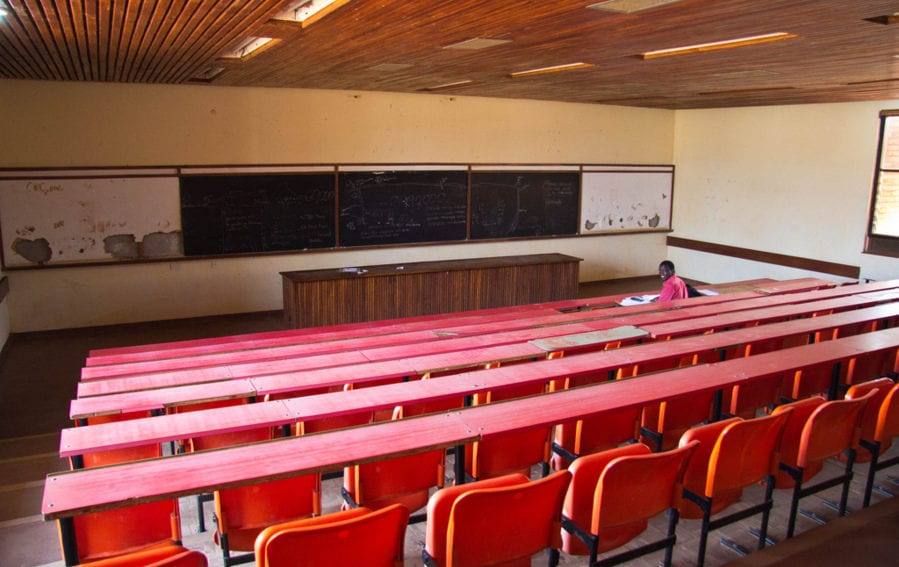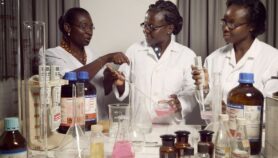Send to a friend
The details you provide on this page will not be used to send unsolicited email, and will not be sold to a 3rd party. See privacy policy.
[LILONGWE, MALAWI] Malawi University of Science and Technology (MUST), located in the southern region’s tea-growing district of Thyolo, opened its doors to the first batch of students last month (31 March), ten years after it was proposed.
MUST, Malawi’s first science and technology university, will offer five-year bachelor’s degree programmes in biomedical studies, chemical engineering and metallurgical engineering, says Tarsizius Nampota, the new university’s project coordinator, adding that it will also initially offer a master of science in innovation programme.
Last month, the university issued a statement announcing the admission of 153 candidates as its first batch of students out of 1,680 eligible applicants.
“The university will help the country equip young men and women to come up with creative ways of solving national technological and science-based challenges.”
Ishmael Kosamu, The Polytechnic, a constituent of the University of Malawi.
In July last year Malawian legislators queried the government over the delay of the university in admitting its first batch of students despite completing the construction of some academic facilities with a Chinese government loan worth US$70 million.
MUST advertised in November last year for prospective students with bachelor’s degrees in science and technology from recognised universities and at least two-year work experience to apply for a two-year master of science in innovation programme.
Nampota says: “I can confirm that MUST was allocated funding in the 2013–2014 budget to enable it admit students”.
When fully operational, according to Nampota, the university will have four schools — the Malawi Institute of Technology, Ndata School of Climate and Earth Sciences, Academy of Medical Sciences and a fourth school still under consideration.
Ishmael Kosamu, an associate professor of environmental sciences at the Polytechnic, a constituent of the University of Malawi, commends the opening of the new university.
“An innovative society is capable of generating [its] own solutions for local challenges,” Kosamu tells SciDev.Net. “As such, the university will help the country equip young men and women to come up with creative ways of solving national technological and science-based challenges.”
He adds that chemical engineers are architects of industrial production processes essential in supporting Malawi's poverty reduction and socio-economic development, noting that the programmes will train human resources crucial for national development in medicine, manufacturing and technical expertise.
Tapiwa Gondwe, a lecturer at the Lilongwe University of Agriculture and Natural Resources, says that the programmes are good for training young Malawian men and women in science development. However, she advises MUST to fill the gaps in engineering and avoid duplicating some engineering programmes offered at the Polytechnic.
“As for the medical [science] programmes, I feel they are compatible with the Malawian situation. We need to manufacture our own medicine[s],” says Gondwe.
Nampota explains that MUST will admit 120 undergraduates this year, 40 in each of the three bachelor’s degree programmes advertised. The intake will also include 40 postgraduate students.
This article has been produced by SciDev.Net's Sub-Saharan Africa desk.














